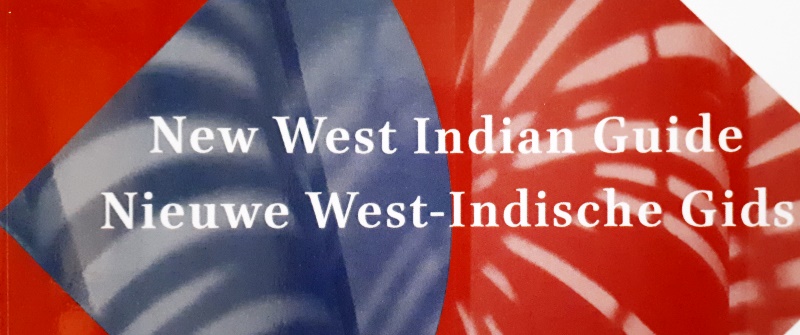
15 Aug New advanced article in the New West Indian Guide
New advanced article in the New West Indian Guide: ‘Practices of (micro)marronage; Manbos, solidarity, détours, and heritage in Fabienne Kanor’s Humus‘, by Aaron Thomas Witcher.
While marronage has come to symbolize paradigmatic resistance to slavery, and by extension colonialism, its primary sense—that of flight from the plantation—has not sufficiently attended to the modes of resistance employed by enslaved women who enacted other, multitudinous forms of marronage. Yet, by foregrounding the experiences of enslaved women in her novel Humus, Fabienne Kanor broadens and reconceptualizes marronage to include figurative modes of “flight” which occur within the plantation space. Through the figures of the domestic and manbo (Vodou priestess), Kanor shows how praxes effected by enslaved women—in the form of espionage, direct confrontation with Whites, or the cultural transplantation of Vodou—resisted, to the same end as literal flight, the social and cultural erasure of the plantation and its consequent dehumanization of the enslaved.




No Comments